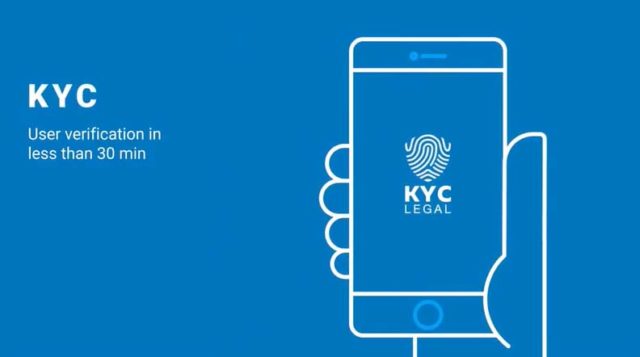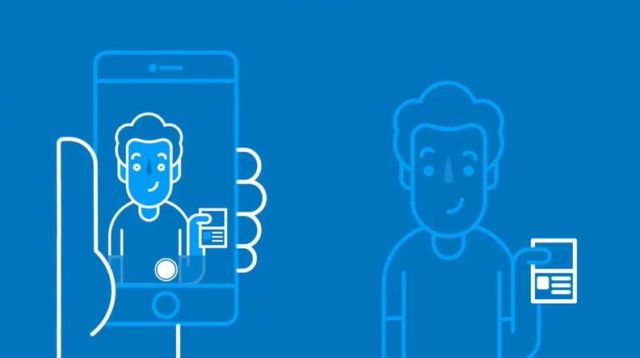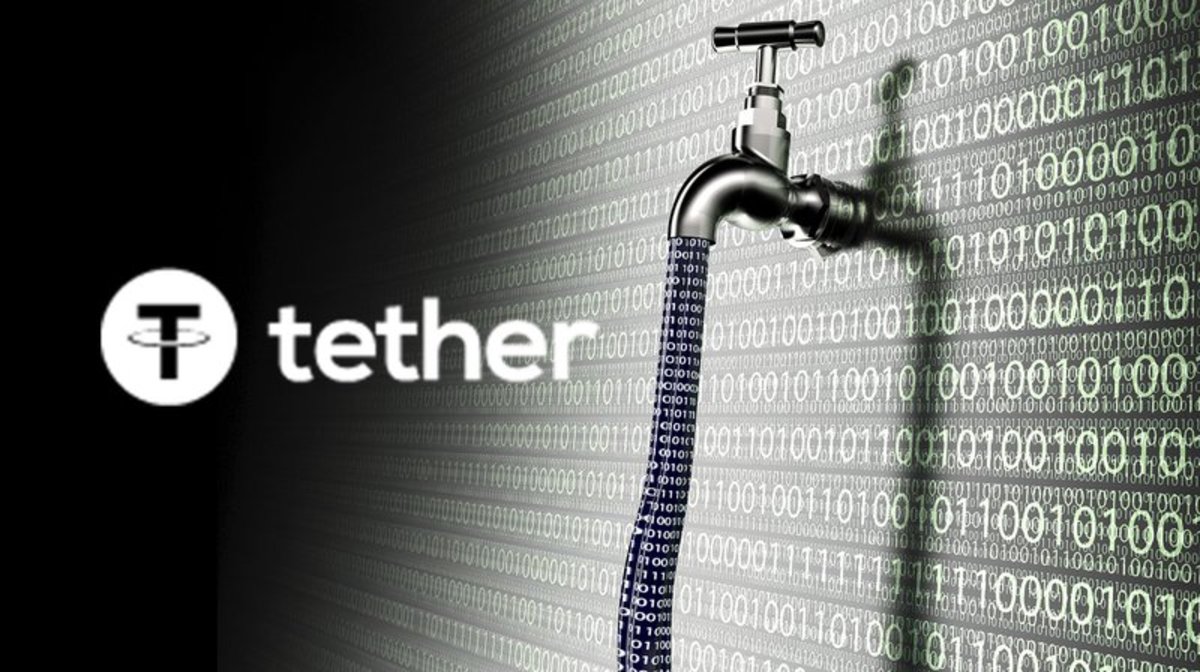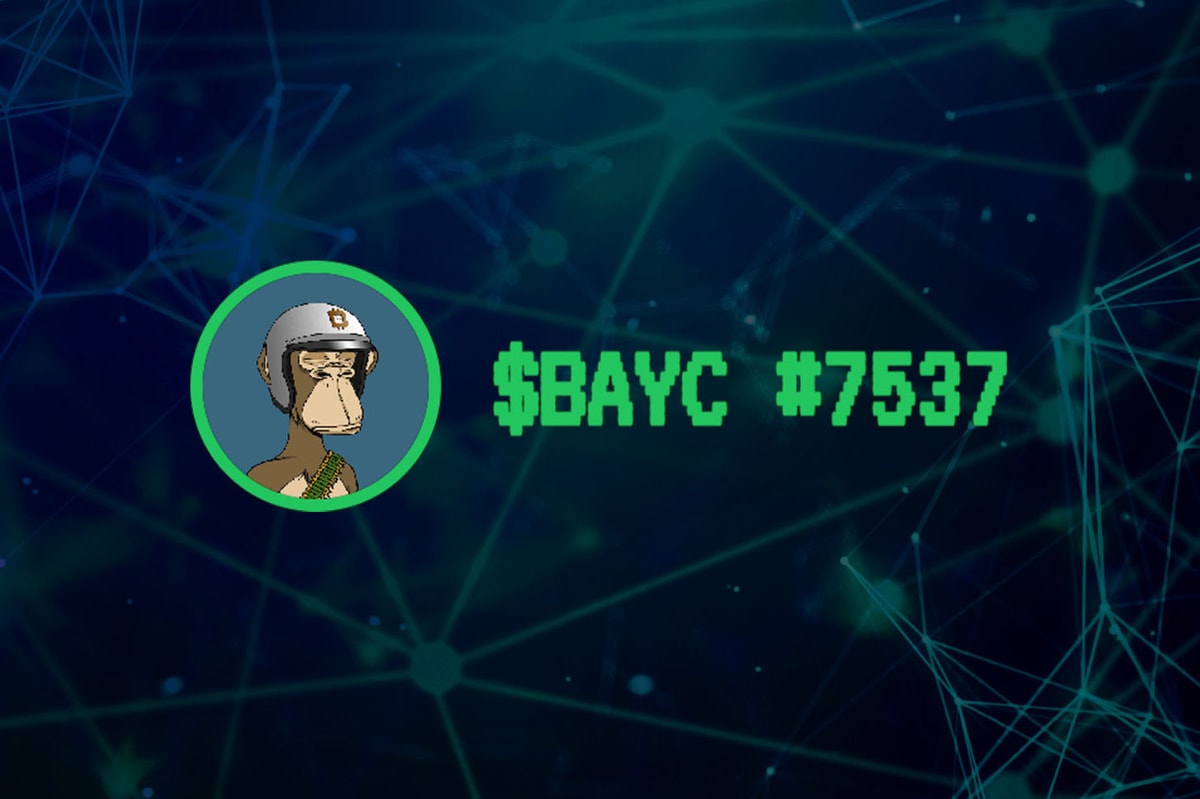Daniil Rausov, the founder of KYC.Legal, sits down with Bitcoinist to discuss his company’s unique service, the similarities between its business model and Uber, and the client verification procedures designed to make life easier for all market participants.
Bitcoinist: For starters, tell us about KYC.Legal? What makes this a unique product on the market? How is it convenient for the client?
DR: In short, this is a simple and quick way to complete client identification procedures, which can then be used to verify the client’s identity during various financial operations (so-called KYC (“know your customer”) requirements that financial institutions and companies working with the money of private individuals use to identify and verify counterparties before starting a financial transaction – author’s note). Our product is the base program that makes it possible for a client to enter his or her details, while we use various automated methods to check them.
Bitcoinist: In essence, you are creating a sort of universal global alternative to personal IDs?
DR: Yes, that is exactly it.
Bitcoinist: You have said that a person could enter any of his or her information. What if this information is knowingly false? How will you verify it?
DR: In the second stage of our check, the client is visited by an agent, who confirms that the client was the one who entered the information. The agent checks that he or she is a real living person, and is the person in the photograph on the identification document. This allows us to achieve the greatest possible level of credibility and legitimacy for work with all businesses around the world.
Bitcoinist: Let’s imagine a situation: a courier comes to your client, looks at his or her passport, but the documents provided by the person turn out to be fake. How can this be checked?
DR: Of course, the agent that visited the person cannot check whether or not the documents are fake. A bank can’t do so either. That check is performed by the police or the specialized state agencies authorized to do so. In our case, we involve all possible services available on the market today and help to check the information.

Bitcoinist: What does a person need to do to use your service?
DR: All one has to do is download the app and enter their information. The application consists of two parts. The first part is self-verification, where the user independently enters his or her information. The second is full verification, with a visit from an agent. After completing the procedure, the user receives a notification that he or she has passed our verification procedure, and this information will be accepted by all the structures with which we work, from banks to pharmacies, which can issue prescriptions remotely for those who have received our verification. At the request of the various services, we can also perform additional checks.
Bitcoinist: And who are these agents who perform the verification procedures? How do you work with them?
DR: We do not have full-time employees who work as agents. They are just people who have some free time, who can earn some money by going to the house next door to verify a user for us. Our company will verify all of our couriers, so that we can trust them to verify our clients.
Bitcoinist: So, your service runs on a business model similar to the one used by Uber.
DR: Your comparison with Uber is very apropos. From day one we oriented ourselves on the Uber taxi business model. We created a model under which ordinary people can earn some money by performing certain actions.
Bitcoinist: What information will the final decision on a person contain? Of course, you will have his or her age, name, and passport details. But what else?
DR: Right now, we have just started the first stage: we enter a person’s name, surname, citizenship, address, and the information from his or her identification document. Later we will introduce certificates on education and all kinds of other documents that pertain to this person and can be verified.
Bitcoinist: What about someone’s credit report?
DR: We are prepared to compile “blacklists” for companies. If someone who has passed through our verification procedures subsequently gets into trouble, we will be able to provide this information to outside organizations. This will prevent this person from using certain services.
Bitcoinist: Will it be possible to somehow get yourself taken off of a “blacklist”?
DR: For our part, we can only enter the relevant information on a client. It is up to the corresponding services themselves to then decide whether or not to grant the person access to their products. It is the same as passing through AML (anti-money laundering– author’s note) procedures: there are acceptable levels, and critical levels.
Bitcoinist: What do you need to do to get “blacklisted”?
DR: That depends on what the person does in the services that he or she is authorized to use through our system.
Bitcoinist: Do you track the activities of your clients in any way?
DR: That is the third stage of verification. We will add information to the initial data on a client, and during registration the services will be able to see what a person has got himself or herself involved in. By the way, if they wish credit organizations can also receive a person’s credit record from us, for example. We are currently developing this system.
Bitcoinist: Are there, alternatively, any bonus points available to your clients? Say a person has used your KYC services, and he is an upstanding and conscientious client…
DR: Our system works in two directions. We have only touched upon the negative side, but the positive aspect is the most important. For financial organizations, it is very important that a client has a positive record. This gives him or her the chance to receive additional bonuses in similar areas.
Bitcoinist: Banks have a separate security service that performs client verification using a multi-stage verification system. How do you plan to check the good faith of your clients?
DR: The first thing we do is to confirm the information entered by a person. We make sure that the information is accepted by the databases that have integrated with us. We can also use AML, which I mentioned earlier, or something similar like a secure care service to perform additional checks. This will increase the trust in our verified users.
Bitcoinist: Let’s imagine another situation: a person has passed through the verification process, taken out a loan in a bank, and disappeared. The representatives of partner companies come to you and say: “You checked this person, and he disappeared. How do we find him?” What will you do in this case?
DR: This situation is similar to the one that already exists and is in operation on the banking market. The mechanism for searching for a person and holding him accountable is the same. The client does not receive protection by hiding behind our application. We keep information on him. We have his name and surname, information from the bank that he worked with, the information from additional checks… When he ordered the agent verification service, he also made a payment, meaning that we have that information as well. If it comes to court proceedings, we will have enough information on the client to hold him accountable or to help the bank to get to the bottom of his case.
Bitcoinist: Getting back to the security services of banks, do you plan to work with ordinary credit institutions instead of cryptobanks?
DR: Yes, we do. We are currently negotiating on possible integration with a fairly large bank headquartered in Russia. We would like to simplify their client verification procedure because it fits with the mechanism used in our service. I think that banks will be interested in our service because it will cut the costs of this service considerably. For example, they will not need to engage an additional agent to perform the same functions as those offered by us.
Bitcoinist: So, users will save time thanks to you and your business?
DR: Of course! After all, it’s better for any service to accept a fully verified client, rather than occupying itself with external verification of a person, which requires additional time and money. Today, it is very important that a person can come and immediately use a service, without waiting weeks or even months for access. This is exactly what many are looking for, so we are tried to design everything to ensure that there would be no time delays.
Bitcoinist: Are KYC principles different in different regions, or are they identical?
DR: Each bank in each region uses its own criteria, and we try to unify them. We do everything to ensure the greatest possible verification of users, so that they not only have access to one local bank and one local service, but to all the advantages of these services.
Bitcoinist: What are the target markets for your service? Are you targeting only America or only Russia?
DR: Our service is universal. Our lawyers were tasked with preparing a solution that would make it possible for a user to work with services in different regions and in various countries. Thanks to the analysis performed by our lawyers, we have created a solution that is suitable for work in the majority of developed countries.
Bitcoinist: In other words, if I, say, passed through verification in Russia, and then moved to America, I could use your service there as well?
DR: Yes, of course, By granting you access to our service, we confirm your identity, and the fact that your documents have been properly registered and checked. If necessary, we can perform additional checks based on specific criteria for each region.
Bitcoinist: Will you do this for individual regions, or at the request of businesses?
DR: At the request of specific businesses. Say there is a financial institution that works with clients in different regions, and they have certain requirements for each region. We will use universal solutions that allow a person to be checked. But only after the AML check has been completed. The solution is integrated with all of our partners who use our service.
Bitcoinist: What areas of business are you focusing on in terms of partnership and the use of your product?
DR: We work with brokerage services, with microcredit organizations, and with funds that work with institutional cryptoasset buyers. Negotiations are also currently underway with two cryptoexchanges. We have also started negotiating with the companies acting as a link between banks and exchanges.
Bitcoinist: Will it be possible to use KYC.Legal to buy a plane ticket, for example, in the not-so-distant future?
DR: I think that will be possible. That is one of our areas of activity, the purchase of tickets and insurance services. We are already establishing relations with various companies working in this area.
Bitcoinist: Why did you decide to hold an ICO for your project, and to use blockchain for its implementation?
DR: Our solution can only be implemented if the data that we use for verification cannot be hacked. Blockchain has made this possible. If it wasn’t for blockchain, the data would be stored on some server, which could be hacked both in theory and in practice. Therefore, the trust in these data would be minimal.
Bitcoinist: What can be used to pay for your services, and how?
DR: The services will be paid after the agent is called using an ordinary bank card or PayPal. That is what will subsequently be used to identify payments.
Bitcoinist: Do you already have an idea what you plan to charge for your services?
DR: At present, the cost of the full verification procedure using an agent is from $10 to $50.
Bitcoinist: Why such a broad range? On what does it depend?
DR: The cost of the agent’s visit depends on the region. For example, in Eastern Europe the cost of a courier starts at EUR 10, in Asia and India it is slightly higher, in Russia it is RUB 500-600, and in the USA, which has the highest priced labor, the cost might reach $50.
Bitcoinist: Returning to the Uber business model on the market of banking products and services. What other banking services do you think may be outsourced in the future?
DR: An enormous number of these services will appear, making it possible for someone to put their abilities to use and work independently. This is a huge market, and it continues to grow, which is why I am sure that many businesses will be able to use this solution.

Do you think that KYC.Legal will replace current KYC measures? How does KYC.Legal improve on current offerings? Let us know in the comments below.
Images courtesy of KYC.Legal











